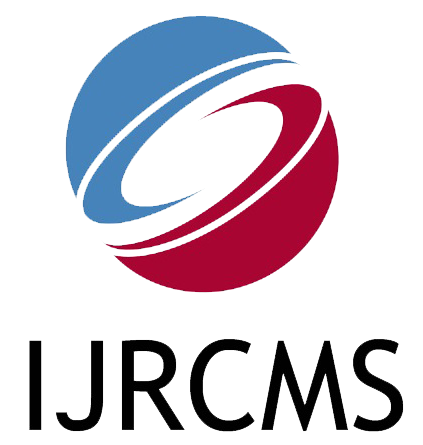| Title: A REVIEW OF COLLECTIVE BARGAINING PROCESSES IN NIGERIAN EDUCATIONAL SYSTEM: A STUDY OF FEDERAL GOVERNMENT OF NIGERIA AND ACADEMIC STAFF UNION OF UNIVERSITIES EXPERIENCE |
| Authors: E.T. OMOLUABI and Dr. Lawrence U. Egbadju |
| Abstract: The paper in the Review of Collective Bargaining processes in Nigerian Educational System: A Study of the Federal Government of Nigeria and Academic Staff Union of Universities Experience, took time to look into the cause of why the parties involved find it difficult to embrace agreement. The paper devoted time to explaining the concepts of the major term as it is used in the context of the paper such as various definitions of collective bargaining, collective bargaining processes such as the Union claim, Management proposal, Negotiators, the 3rd parties, and collective agreement. Also discussed in the paper are the machinery for collective bargaining, preparation for the demand, presentation for the demand, and preparation for negotiation. Methods of handling issue by issue, package approach style, and rap up approach were all explained. The question remained that after all these processes were followed in the process of trying to resolve the issue at stake, why is there been no agreement till now? The paper explains as follows that when all efforts towards resolving the misunderstanding between the Union representative and the Government fails to achieve its goal and objective, the results can have a dramatically negative impact on the institutional employees a case of (Federal Universities Lectures in Nigeria) over the long term. Although, the inability to negotiate can give the rivals the opening they need to gain a competitive edge over the institution (CONUAS). Therefore, the paper highlighted the following as factors that are responsible for the inability of both parties to embrace agreement i) lack of adequate preparation on the part of the Government, ii) Ego on both parties, iii) Fear on the part of the Government, iv) inflexibility or Rigidity and getting emotional on the part of ASUU and v) Lack of integrity on the part of the Federal Government of Nigeria. Conclusively, the paper recommended that the Federal Government of Nigeria should for once be responsible to meet the agreement entered into with the Academic Staff Union of University ASUU and that ASUU should learn not to use the strike as what they considered the best option to press in their demand before the government and also, not to be emotional whenever there is a crisis in the educational system in Nigeria. |
| Keywords: Review, Collective, Bargaining, Processes, Educational System. |
| PDF Download |
International Journal of Research in Commerce and Management Studies (IJRCMS)
ISSN 2582-2292, An open access bi-monthly e-journal
